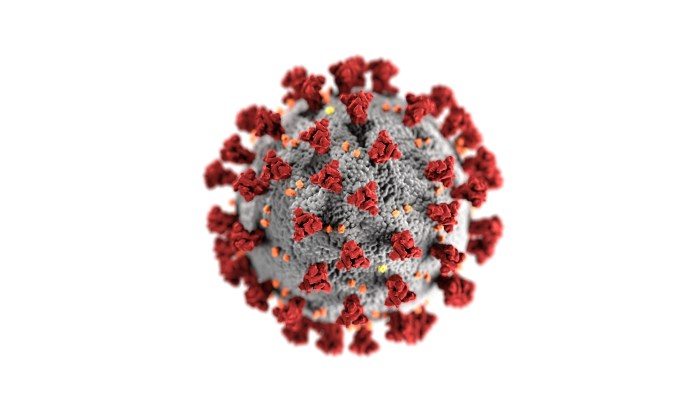Two Nassau County lawmakers running against each other for higher office have proposed bills aimed at preventing the sale of dogs from abusive “puppy mills,” turning the issue into a political football.
The Republican-controlled county legislature’s rules committee voted 4-3 along party lines Monday to approve a bill that Legis. Michael Venditto (R-Massapequa) proposed last month. The bill would prohibit the sale of any cat or dog younger than eight weeks old. Hours earlier, Legis. Dave Denenberg (D-Merrick), who is running against Venditto for New York State Senate, held a news conference announcing that his version of the same bill would ban selling dogs and cats younger than 14 weeks.
“If these puppy mills are as horrendous as everyone says they are, then why would you want to keep animals there for an extra six weeks?” asked Gary Rogers, the spokesman for the Nassau County Society for Prevention of Cruelty to Animals (SPCA), which favors the Republican version.
Both bills are similar to one that the Suffolk County legislature unanimously passed last month prohibiting the sale of cats and dogs under eight weeks old. The anti-puppy mill bills come after the state enacted a law that allows local governments to more strictly regulate pet dealers.
Denenberg, who called the Republicans’ bill a “watered-down version” of the Suffolk bill, argued that Nassau would be encouraging animal abuse by allowing pet breeders to sell cats and dogs as early as eight weeks after they are born.
“The reason why puppy mills get such a bad name is that they try to quickly get puppies away from their mother so they can keep breeding as fast as possible,” Denenberg said. “All the reputable breeders keep their pets for at least three months.”
Diane Madden, the president and co-founder of the Hope for Hempstead animal shelter, worked with Denenberg on creating his version of the bill.
“Fourteen weeks will allow puppies to be socialized with their litter, and their mother will have time to correct her puppies,” she said.
Rogers, on the other hand, said that the American SPCA warns that waiting until pets are 14 weeks old would make it difficult for the pets to adjust to their new owners.
Both bills would prohibit pet retailers from buying animals from breeders that have received violations on recent U.S. Department of Agriculture (USDA) inspection reports. Both bills also set regulations for the size of animal enclosures in pet stores and require that the enclosures be labeled with the breed, sex, birth date and breeder. But, the Republicans’ bill has an exception to the rule: if the animal has an implanted microchip that stores this information, then the enclosure label is not required.
The Republicans’ bill would create a $500 fine for a first violation and add $500 to the fine for each succeeding violation. The Democrats’ bill would create fines of up to $1,500 per violation.
Under both bills, the Nassau County Office of Consumer Affairs would enforce the law and the county SPCA would be able to inspect pet stores on the office’s behalf.
“The SPCA would be able to inspect these pet stores at no cost to the county,” Rogers said. “And if it doesn’t work out we can go to the legislature and say ‘Hey maybe we should tweak this law.’ But let’s get something right now.”
Venditto said in a statement that Denenberg’s bill was a political stunt, alluding to the fact that they are both running to fill the vacant seat in the state Senate’s Eighth District.
“The only difference between this legislation, other than the additional restrictions, is that Denenberg did not propose it,” Venditto said. “The same advocates who are condemning this law today supported it just weeks ago in Suffolk. It is shameful of them to put innocent animals in the middle of a political campaign.”
Madden countered that, although she did speak in support of the Suffolk law back in June, she still does not agree the eight-week standard.
“I would call the Suffolk bill not a victory but an accomplishment,” she said. “Someone had to get things started, and Suffolk County got things started.”
Barbara Dennihy, the New York director of Companion Animal Protection Society (CAPS), found another big difference in the bills. She told the rules committee during a public hearing before the vote that she is concerned about the fact that Venditto’s bill states that it would prohibit sales from breeders who “failed to cure” their USDA violations.
“That doesn’t give the breeder an incentive to do better,” she said. “It just gives them an incentive to get rid of the problem that they have now…In Suffolk, [pet stores] cannot use that breeder for a year after they have a violation.”
Venditto’s version of the bill is expected to come up for a final vote before the full legislature at their next meeting on Monday.































